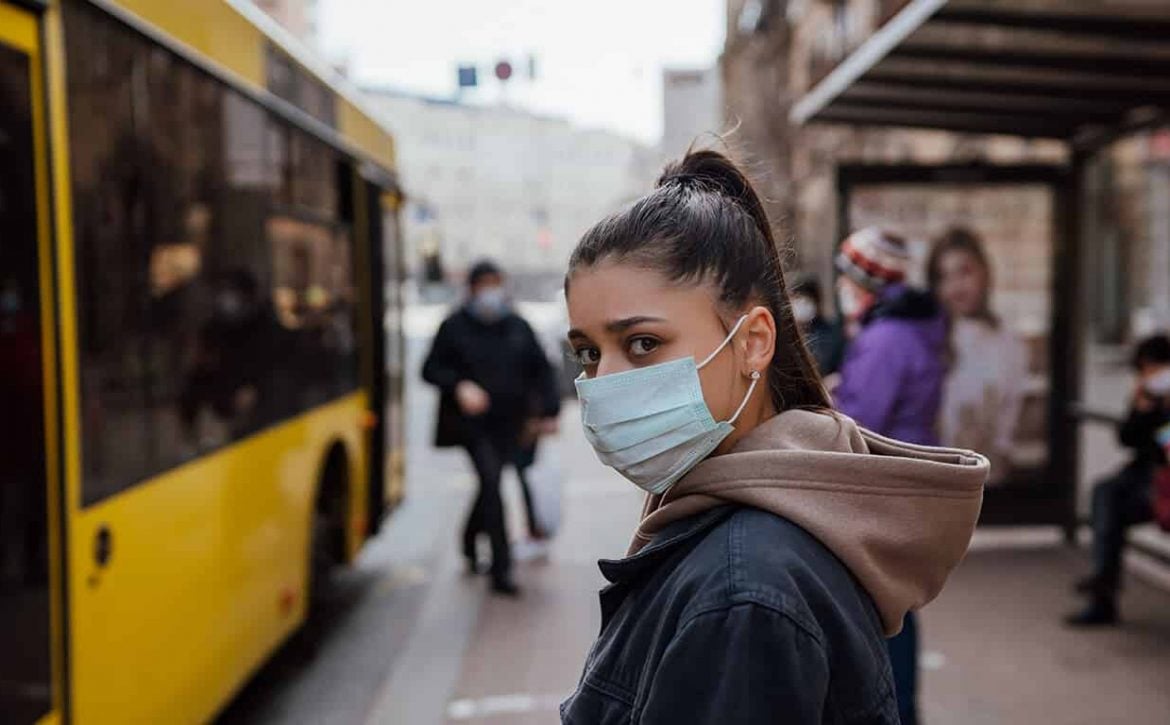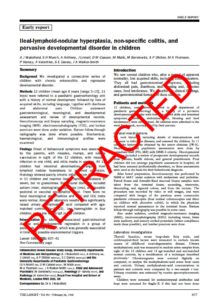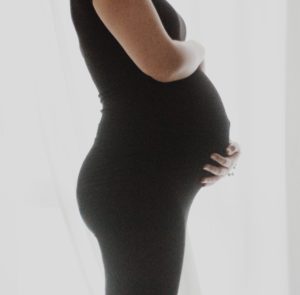COVID-19, NHS and the UK – How our healthcare system is battling the pandemic
Month 4 into the COVID-19 pandemic and here’s a quick look at how the NHS, and several other bodies, are tackling the novel virus.
Harnessing the Power of Data
The NSHX – the health service’s digital innovation unit, has teamed up with several Tech Giants (including Amazon, Google, Microsoft, Palantir, and Faculty AI) to analyze data around COVID-19 patients and tests. The analysis will help follow the progression of the virus, track hotspots, and efficiently manage the use of resources like ventilators and test kits.
Contact-Tracing App
The NHSX is also developing a smartphone app that works over Bluetooth. The app will work to keep track of who has COVID-like symptoms, and who they might have come into contact with, and dispense isolation advice based on that. The app is being tested at the RAF facility in North Yorkshire and is expected to be available to the general public sometime in May.
Drive-Through Testing
Drive-through testing is being administered in several areas in southern England (and expanding), mostly targeting healthcare service members. Though the UK is still not where it should be with tests and testing kits, this aims to bridge the gap somewhat.
Vaccine Trials
Oxford University has just begun human trials for a possible vaccine for COVID-19 / Coronavirus. Over a thousand people are expected to take part in this trial where they test if a healthy individual could be made immune to the deadly and contagious Coronavirus.
Even as the NHS (and other auxiliary services) battle the pandemic to help keep us safe, they advise that our general health should not be neglected. Going to a hospital to receive necessary medical care (even if non-COVID related) is a valid reason to step out of the house. Talk to a GP to understand if it’s necessary for you. Our general practice doctors at Gogodoc are available for online video consultations through the week and can see a patient from the comfort of your home in as little as one hour (visit the website or download the Gogodoc app to book an appointment).
We will get through this together. But until then, Stay Home, and Stay Safe.



 Andrew Wakefield’s famous study, published in 1998, first described a link between autism and the MMR vaccine. A flurry of fear among the public has since found no rest.
Andrew Wakefield’s famous study, published in 1998, first described a link between autism and the MMR vaccine. A flurry of fear among the public has since found no rest. The aetiological basis of autism is predominantly genetic, and the apparent rise in diagnosis has more to do with increased awareness of the condition and changes in the diagnostic criteria. Nevertheless, while mutations in some genes are strongly implicated in autism, most associated variants confer modest increases in risk.
The aetiological basis of autism is predominantly genetic, and the apparent rise in diagnosis has more to do with increased awareness of the condition and changes in the diagnostic criteria. Nevertheless, while mutations in some genes are strongly implicated in autism, most associated variants confer modest increases in risk.